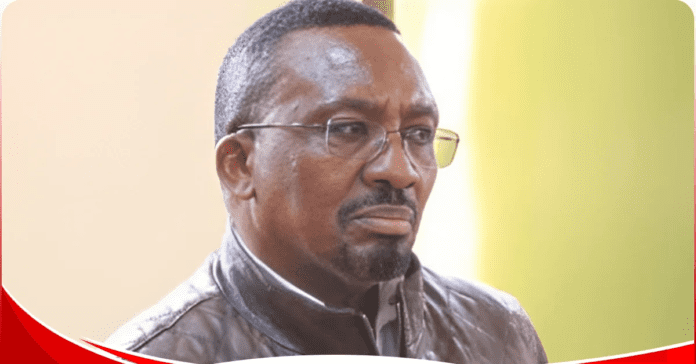Controversial pastor James Ng’ang’a has once again drawn criticism after making disturbingly inappropriate remarks during a recent Sunday service at the Neno Evangelism Centre.
The remarks, which mocked women and trivialized the issue of sexual assault, have sparked widespread outrage among Kenyans.
Ng’ang’a targeted women who, in his view, overemphasize beauty trends yet fail to achieve the desired results. He went further to make offensive comments that many have labeled as deeply insensitive and triggering.
An undated video of his remarks, which has since circulated online, shows Ng’ang’a stating,
“You take too much time beautifying yourself and then spend an entire day and no one even bothers to approach you. Women are getting assaulted, and you couldn’t even get someone who could assault you.”
In another part of his sermon, he suggested that experiencing such an act would somehow validate their attractiveness.
“It would be better if you would be assaulted. But no one is doing that to you,” he added, leaving the congregation silent and visibly uncomfortable.

The video has prompted an outcry on social media, with many users on X condemning Ng’ang’a for trivializing a grave issue like sexual assault. One user expressed, “This is not just inappropriate! It’s deeply disturbing! Sexual assault is not something to joke about! As a victim myself, I shudder when I come across such language. This is highly triggering.” Another wrote, “This is so disgusting! I initially thought this was AI because surely he couldn’t have said this.”
Others questioned the passive acceptance of his behavior, particularly from the female congregants who form a significant part of his audience. Critics have called for accountability, with some urging authorities to investigate Ng’ang’a for his remarks.
The controversy surrounding Ng’ang’a’s sermon highlights the need for sensitivity and responsibility in public discourse, especially from religious leaders who hold significant influence over their followers. Many are calling for a broader conversation about the role of faith leaders in promoting respect and dignity for all individuals.







